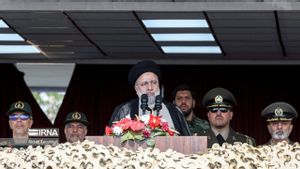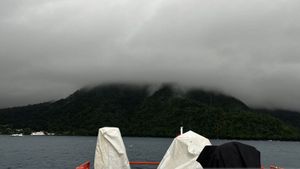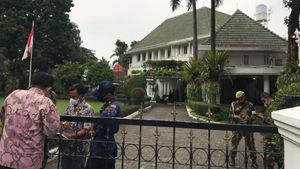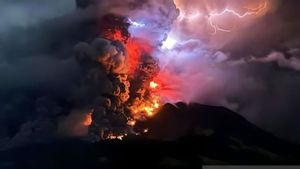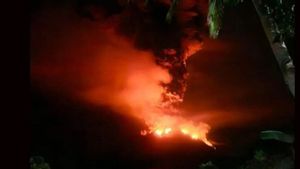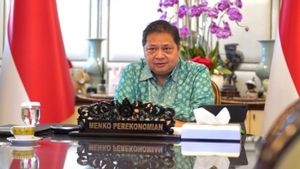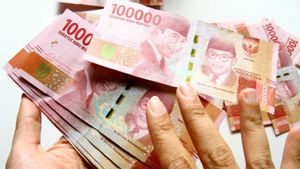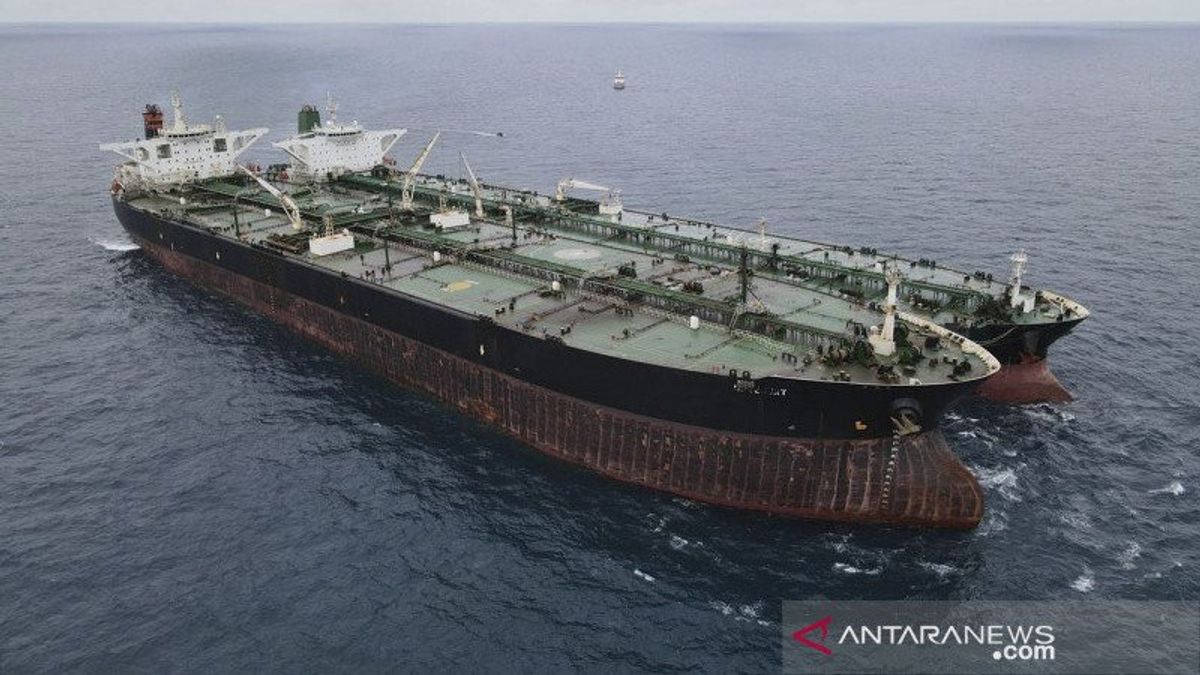
JAKARTA - Iran has asked Indonesia to explain the reasons for the seizure of its ships, one day after Jakarta announced the arrest of two tankers. Each of these ships has the flag of Iran and Panama.
Indonesian authorities, on Sunday, January 24, arrested the Iranian-flagged ship MT Horse and the Panamanian ship MT Freya on suspicion of illegal fuel transfers in the waters of Pontianak, West Kalimantan. But Iranian Foreign Ministry Spokesman Saeed Khatibzadeh said the seizure was due to "a technical problem and it occurred in the shipping sector."
"Our port organization and shipowning companies are looking into the causes of this problem and solving it," Khatibzadeh said in a televised weekly press conference Monday, January 25.
Meanwhile, spokesman of Indonesian Maritime Security Agency (Bakamla) Wisnu Pramandita said the tanker would be escorted to Batam Island in Riau Islands Province for further investigation.
Wisnu told Reuters on Monday, January 25 that the vessels were "caught red-handed" moving oil from MT Horse to MT Freya, and that there was an oil spill in the vicinity of the receiving tanker.
He added that 61 of the crew members were Iranian and Chinese nationals and had been detained. The two tankers, capable of carrying 2 million barrels of oil each, were last seen earlier this month off the coast of Singapore, according to shipping data at Refinitiv Eikon.
The data showed that the MT Horse, belonging to the National Iranian Tanker Company (NITC), was nearly filled with oil while MT Freya, managed by Shanghai Future Ship Management Co, was empty.
Asked for comment on the tanker seized, Iranian Oil Minister Bijan Zanganeh told reporters that "the ship is carrying oil... This issue is being followed up by Iran."
Outsmart the maritime authorities
The International Maritime Organization requires ships to use signaling devices or transponders for safety and transparency. Crew can turn off the device in case of piracy or similar hazards. However, transponders are often switched off to hide the ship's location during illicit activity.
"The tankers, first detected at 5.30 local time (21.30 GMT on January 23) hid their identities by not showing their national flags, turning off the automatic identification system, and not responding to radio calls," Wisnu said in a statement on Sunday, 24 January.
A Reuters search of a Chinese company directory found that the registered office address of Shanghai Future Ship Management Co is under another company called Shanghai Chengda Ship Management. Several calls made to the office went unanswered.
Iran has been accused of hiding the purpose of its oil sales by disabling tracking systems on its tankers, making it difficult to assess how much of Tehran's crude exports are trying to counter US sanctions. Iran sent the MT Horse to Venezuela last year to deliver 2.1 million barrels of Iranian condensate.
Meanwhile, over the past few months, MT Freya has delivered two cargoes of crude oil totaling around 4 million barrels to the port of Qingdao on China's east coast and northeastern Yingkou port, said Emma Li, senior crude oil analyst at Refinitiv. The Qingdao cargo was declared Upper Zakum crude produced in the United Arab Emirates, said Li, who tracked shipments of crude oil destined for China.
The English, Chinese, Japanese, Arabic, and French versions are automatically generated by the AI. So there may still be inaccuracies in translating, please always see Indonesian as our main language. (system supported by DigitalSiber.id)


